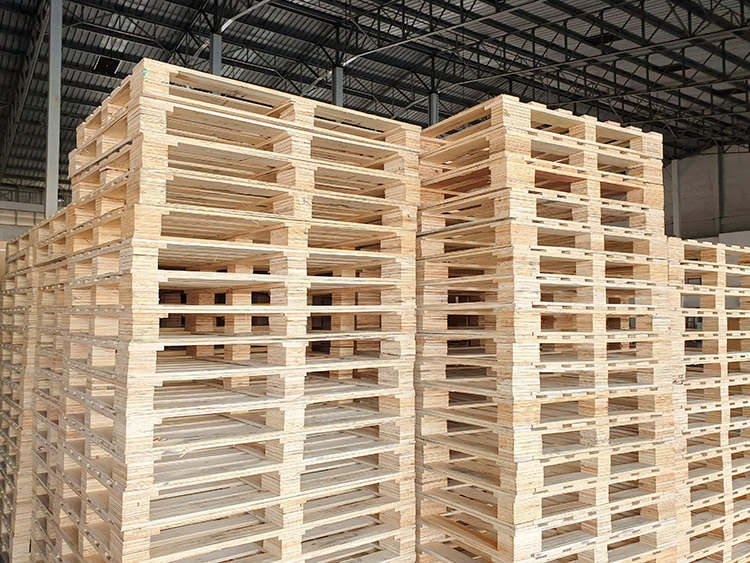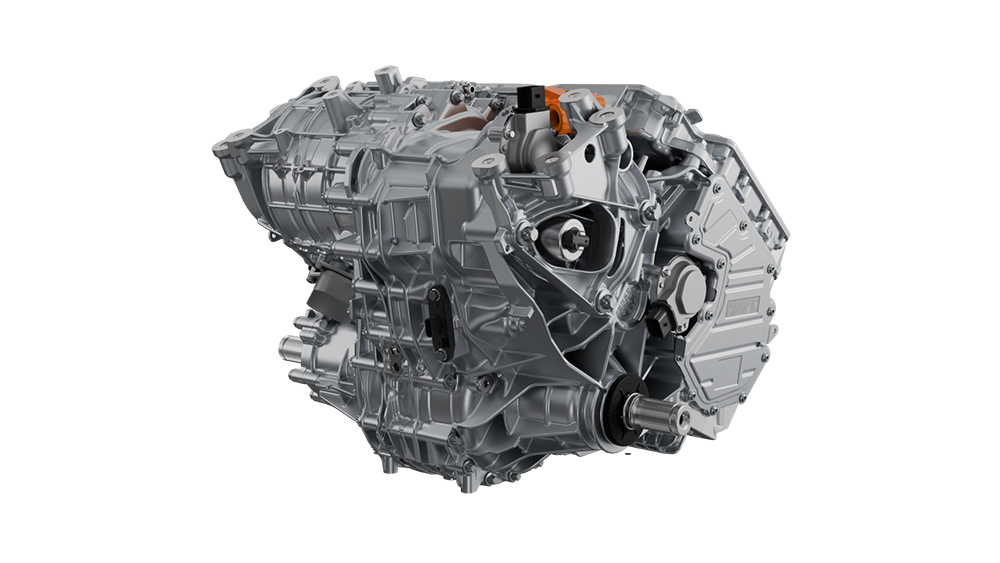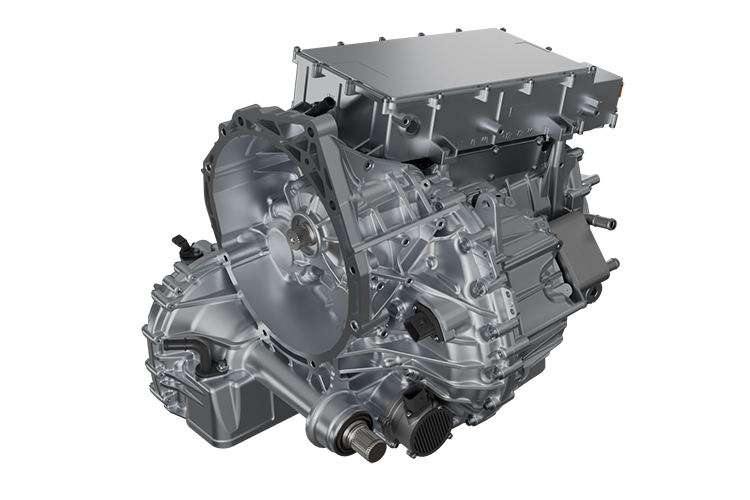In 2021, Magna joined Suppliers Partnership for the Environment (SP), an organization that unites stakeholders across the automotive supply chain to develop system-level circular strategies. Through SP, we’ve engaged in collaborative efforts to innovate and improve our packaging practices.
A prime example of this collaboration is the work led by Magna packaging engineer Alex Phan. In 2022, Phan noticed that the 48 x 45-inch wood stringer pallets used to ship mirrors had slight specification differences depending on the OEM, which meant they couldn’t be reused across different OEMs or within the supply base. This led to an unnecessary increase in pallet waste.
Phan’s insight, combined with the efforts of a dedicated packaging team within SP, resulted in the development of a common footprint for these pallets. By late 2023, this standardization was adopted by most OEMs, suppliers, and pallet manufacturers across North America. Today, we can reuse the same pallets for all OEMs, reducing the number of new pallets required, saving costs, and minimizing waste.
This initiative is just one example of how Magna is integrating circular economy principles into our operations. Through our collaboration with SP, we’ve also created a color-coded ranking system for recyclability and developed design guidelines for containers. These efforts ensure that everyone involved in the supply chain has a voice in shaping more sustainable practices.
Collaboration remains key as we continue driving towards a circular economy. We need to learn more about what’s working and where’s there’s room for improvement to make our packaging more sustainable.
Share your comments or share this post on social media and help us make the next change.






